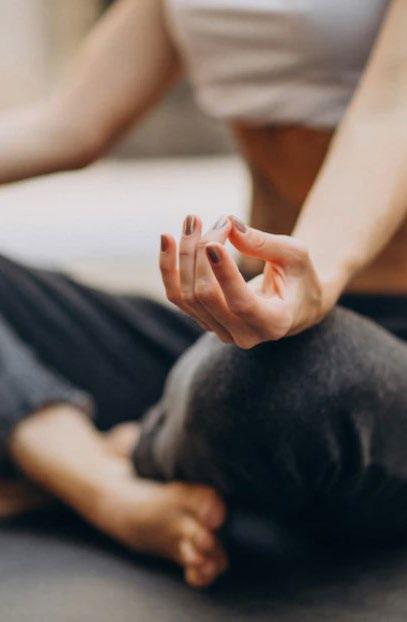1 minute read
The Future of Anti Ageing Skincare
Next Article
Anti ageing ingredients and the rise in demand for solutions in China and The APAC region are the focus of a recent Mintel report.
In China, interest in anti-ageing skincare has come about due to heightened consumer awareness on skin ageing, preventative measures and the movement of millennials into the 40+ age group whereby skin ageing is a concern.
It was found that when investing in anti-ageing product types, Chinese consumers aged 40-49 were consistently high scoring on regularity of use compared to other age groups.
62% of 40-49 year olds use facial suncare and 48% use a facial serum/essence/concenctrate. 65% of Chinese aged 18-24 use facial suncare, the highest age group to do so.
Ingredients approaching mainstream status were revealed as Pro-xylane, Astaxanthin, Fullerene, Beta-glucan, and Resveratrol. Emerging ingredients were Ergothioncine, Carnosin, Copper tripeptide-I, Idebenone (hydroxydecyl ubiquinone) and Haematococcus pluvialis extract.
Yoga Reduces Inflammation Markers in Cancer Patients
The Global Wellness Institute reports a 2023 study from the University of Rochester medical researchers which found that yoga has a powerful, positive effect on inflammation in cancer patients.

The high-quality randomized control trial had 500 cancer patients do twice-weekly yoga or health education classes for a month. Blood tests showed that those practicing yoga had “significantly lower levels of proinflammatory markers” compared with patients in the education group.
The researchers’ conclusion: “Clinicians should consider prescribing yoga for survivors experiencing inflammation, which increases risk of progression, recurrence and second cancers.”
Access this study on yoga https://ascopubs.org/doi/

